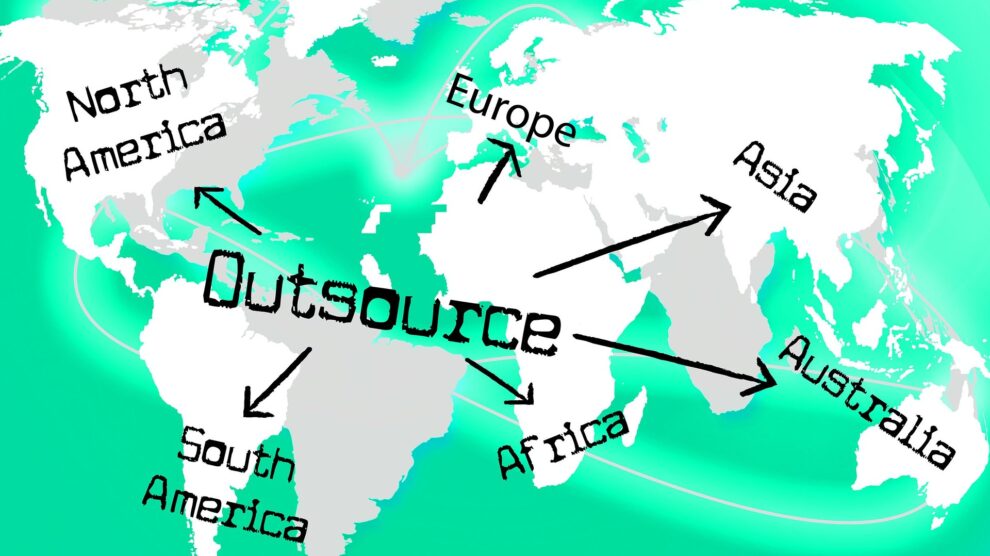Many companies around the world use foreign teams to improve their software development efforts. Whatever you need travel software or home automation software, outsourcing some tasks to talented developers from Eastern Europe, China, India or Latin America improves the total cost and provides faster results. Offshore staff management can often be hard but there are some practices that you can use. Today we will share some tips and tricks to get the maximum from your outsourcing development group.
Keep in mind that the team is culturally different
Language, time zones, and cultural sensitivities can influence the software development progress if you don’t insert them into your management style. As an example, if your group speaks English as a second language, avoid using phrasal verbs and idioms that don’t translate well into the groups’ first language. Unclear phrasing can cause misunderstandings and leads to team estrangement.
When you work with an offshore team, find out about their most important holidays. If you consider the national holidays from the beginning, you’ll have the ability to organize the work around these successfully.
Management style may also vary depending on the country your development team is based in. IT specialists in Eastern Europe and Latin America are used to the western management style with equal respect among the group members of different channels. The IT specialists from South-Eastern Asia might require more micromanagement, and the team leader will expect more respect.
Immerse the new team in the company values
Every development project, either in-house or outsourced, begins with a system requirements specification. The designers, programmers, and testers will not have the ability to start the work without a clear comprehension of what they are expected to create. Still, if you would like the product to be outstanding, dedicate some time to acquaint the offshore team with your organization, its mission, and its values. Outline the goals you would like to achieve and the philosophy behind the project.
This preliminary stage will enable you to get to know the team better. And the experts will be involved in the project’s success. They may think of unexpected solutions and insights which may enhance the development process and increase the project’s revenue.
Communicate regularly with the team
Like every relationship, offshore staff management demands transparent communication. You should choose the preferred communication channels at first. Explain your communicating expectations, so the development team can expect to hear from you at predetermined intervals. Video and audio calls would be the best alternative for regular team meetings. Immediate messaging can help when you demand a quick update.
If you ignore this information, you may face an unpleasant situation with the team being reluctant to reach out to you when something goes wrong. Due to the absence of open and productive communication, the project is subject to exceeding the deadline, causing the loss of money.
Face-to-face communication remains the simplest and fastest way to get the send a message. So, make an effort to fly out to your team, especially if you’re in to get a long-term project. The first meeting at the start of your cooperation will allow you to know the team members and make them understand your goals and needs.
Do not micromanage
Trust is the foundation for any outsourcing project. When you work with offshore IT specialists, treat them like the professionals they are. There’s no need to check on the team’s progress every half an hour to learn how much work is already done. This won’t endear you to the group, rather, causing tension and slowing the operation. The developers should spend more time coding rather than speaking about their progress reports.
So, avoid micromanagement, place the interim goals, and a strategy for your project, select one day each week to run team meetings and address questions and problems. Choose one among the many project management tools to follow the group’s progress without disrupting their workflow.
Offshore development teams may be more effective and produce faster results than in-house programmers if you treat them right. Follow our advice to establish communication channels, build trust, and maintain cultural differences in mind, and you’ll never regret your decision to outsource software development.





